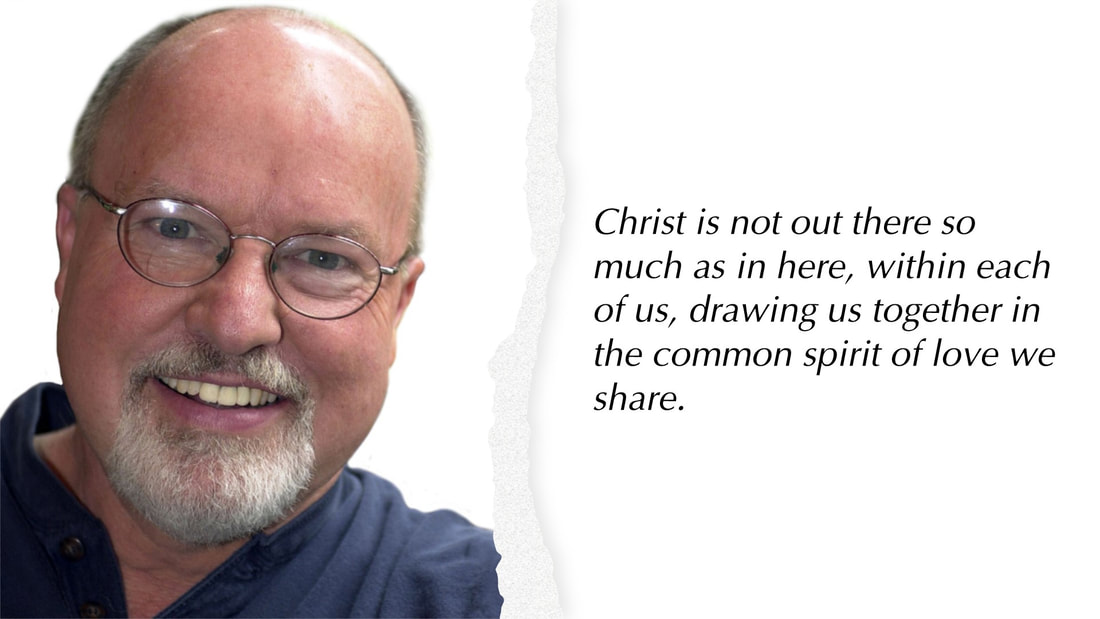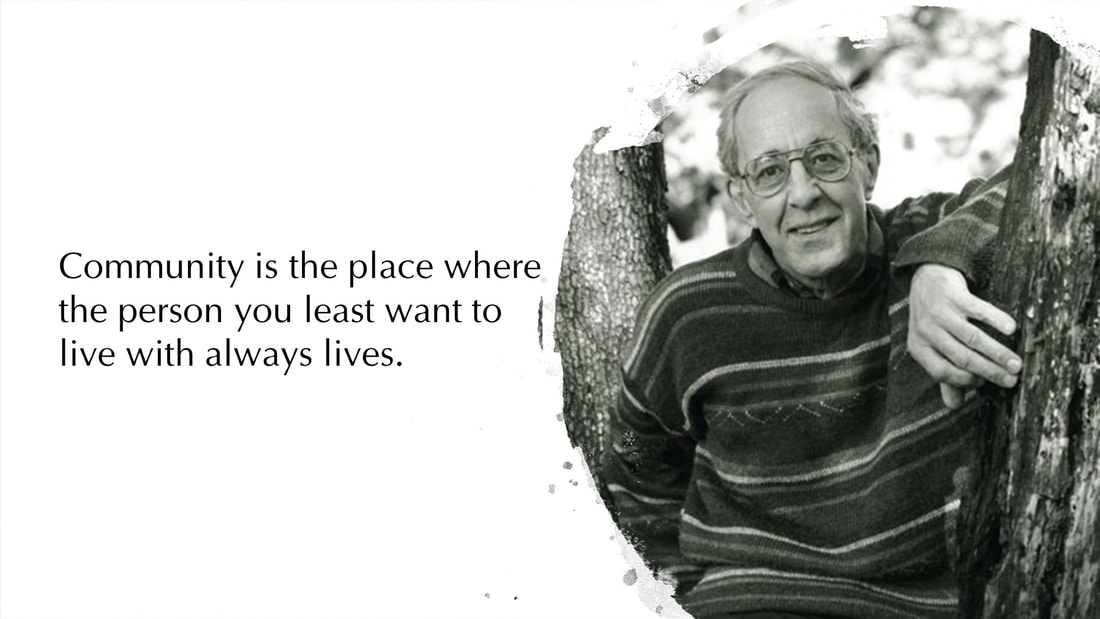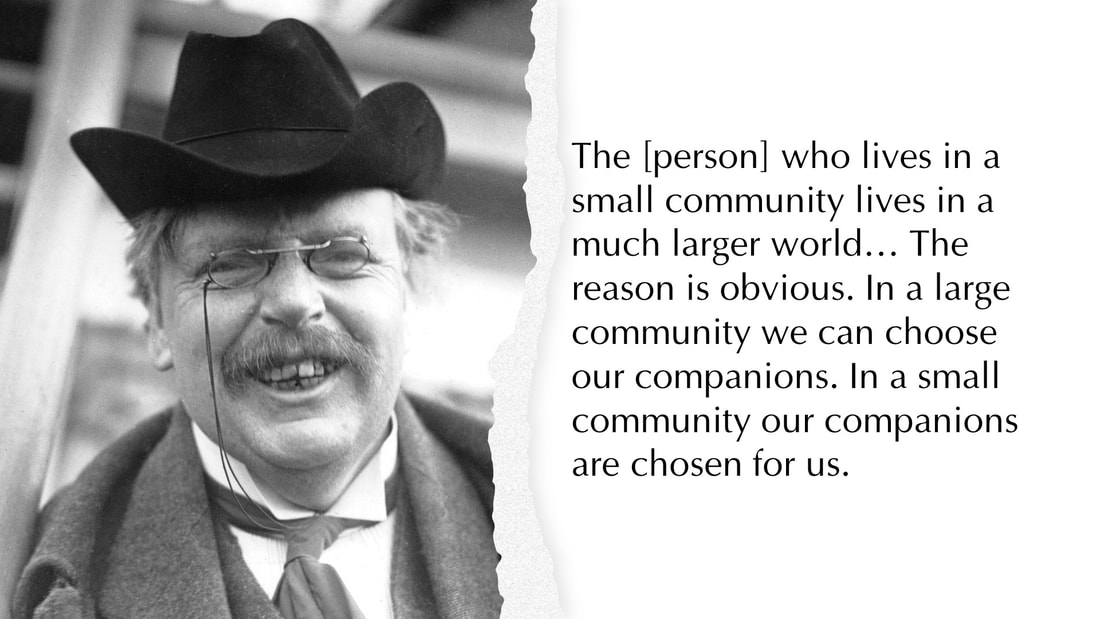Scott AndersonActs 8:26-40 † Psalm 22:25-31 † 1 John 4:7-21 † John 15:1-8 A video version of this sermon can be found www.standrewpc.org/sermons/5th-sunday-of-easter-year-bhere. It is important to notice, when we look at this Acts story of Philip and the Ethiopian Eunuch that it is a story with three characters not just two. Great detail is provided about the first two—unusually detailed information, in fact. This isn’t like some of Luke’s other stories where people are left in mystery. We know a great deal about Philip from other texts in Acts—he is a deacon: one of seven Greek-speaking Jewish Christians appointed by the Twelve to tend to the needs of others, especially widows in the Greek-speaking portion of the fledgling Christian community. He is known as Philip the evangelist. He eventually settled in Caesarea, a government seat in first-century Palestine. He had four daughters who were considered prophets.[i] We know perhaps more than we want to know about the Ethiopian. They are in charge of the treasury of the Candace, which is the official title of the queen mother who is head of the Ethiopian government. We know by their chariot that they have status. We know by their scroll that they can afford rare things. We know by their Greek that they are educated. We know by their reading Isaiah that they are devout. We know by their invitation that this Ethiopian is humble enough to know what they don’t understand and to ask for help, and hospitable enough to respond to Philip when he approaches. And we know, because the author of the two volume Luke-Acts story tells us five times, that they are a eunuch. They are a castrated male servant who, by way of a physical procedure, is trusted to perform social functions for royalty. They cannot reproduce; they are not a threat, yet they are part of a group often stereotyped as sexually immoral. And they are reading from a book and a text—Isaiah 52[ii], the fourth, and perhaps saddest of the so-called “servant songs” that the early Christians identified with Jesus—that notes the mutilation and humiliation of another of God’s servants. And this Ethiopian wonders if this could possibly be good news for them. Were they to read a few chapters farther they might discover an answer for themselves. Isaiah 56: To the eunuchs who keep my sabbaths, who choose the things that please me and hold fast my covenant, I will give, in my house and within my walls, a monument and a name better than sons and daughters; I will give them an everlasting name that shall not be cut off.[iii] They might have imagined with the poet a time when the captives, the poor, the sick, the lame, the outcast, the undifferentiated and gender fluid, and yes, even the eunuch are free to fully participate joyfully in society, and even more in the assembly of the religious. They were, after all, on their way back from the temple where their being barred from full participation would have been a fresh memory. Their questions reveal their anxiety: Is there anything about me that might keep me from being fully welcomed in the people of God? Of course, they would have understood none of this detail or known had it not been “fulfilled in their hearing.” They wouldn’t have known that not only does God know and understand the eunuch’s experience of being ostracized and humiliated by the religious establishment, but that Jesus himself took the place of the outcast, that in the suffering servant Jesus and for all who follow him, this wilderness road is transformed. This Ethiopian would not have arrived at an answer had it not been for the third character the story tells us about. They wouldn’t have known had it not been for the Spirit. This story is thick with the presence of the Spirit of God who, according to Acts, makes this story possible. How did Philip know what he was to do? Was it an audible voice? What hungers were stirred in the eunuch that led them to act as they did? The story does not tell us, but we can ask of ourselves: how do we know? What is it that captures our attention, causes us to do what we had not planned to do? What is it that causes us to surrender control of our itinerary? What is it that opens our understanding and changes our lives in a way we could have never imagined? What is it that gives another courage to act in a way we would have never expected? What is it within us that blesses someone in exactly the way they needed? What is it that spreads Good News—Gospel—like this story does, marking the first time it goes from Judea and Samaria now to Ethiopia and Egypt and to the ends of the earth? How many of our accidental encounters with other people are really divine appointments? How can we learn to tell the difference between the two? And what is it that whispers to you, you belong, you are mine and nothing will ever change that? Richard Rohr is among those who are calling us to re-imagine how we think of God’s Spirit. Religion has for so long told people to look outside rather than inside. But Christ is not out there so much as in here, within each of us, drawing us together in the common spirit of love we share. Rohr suggests we are just now recovering again that God is within, that we’ve been given a source for a true inner knowledge, a “calm inner authority” by which we come to know and act faithfully. Romans 8:16: “The Spirit joins with our spirit to bear common witness that we are children of God.”[iv] We call our journey with the Spirit many things: meditation, mindfulness, conviction, peace, justice. It is the Spirit that brings us to action, that causes us to take chances and follow a whim. It is this Spirit that brings us together in community. It is the Spirit that compels us to venture into uncomfortable truths and unfamiliar places for the healing they offer. Henri Nouwen defined “community” as the place where the person you least want to live with always lives.[v] He makes the point that true community is different from a club or a clique. Anyone can form one of those, in fact, that is likely what we mostly do. But the Spirit draws us to something more. The Spirit draws to community. That’s one of the reasons I love a smaller church. It is perhaps the only place left in our culture where people are brought together across generations and differences. G. K. Chesterton said “The [person] who lives in a small community lives in a much larger world… The reason is obvious. In a large community we can choose our companions. In a small community our companions are chosen for us.”[vi] I am discovering more and more the gift of this, even as it is such a hard thing to do. Whenever I have the courage and take the time to really listen to another, I discover the presence of God in them. Whenever I find the courage to abide with one who is on the outside, to be an ally, I am drawn more closely and deeply to them. And I am drawn even more to the holiness in me.
The Spirit says, I am the vine. You are the branches. Abide in me. Let me be your source of life. As much as we like to understand ourselves to be the primary actors, our faith makes the claim that the star of this show is the third character in our stories. This Spirit in us, this Spirit that we share, this Spirit that does not belong to us, but we to it, this is the Spirit that draws us into deeper love of self and neighbor. This is the Spirit of life. And we do not flower or bear fruit apart from it. Thanks be to God. Amen. Notes: [i] See the articles for Fifth Sunday of Easter in Feasting on the Word: Year B, Volume 2 (Louisville: Westminster/John Knox, 2008), 454-459. [ii] Isaiah 52:13-53:12. [iii] Isaiah 56:4-5. [iv] These thoughts are drawn from Richard Rohr’s daily meditation from Center for Action and Contemplation. See in particular Wednesday, April 22, 2015 at http://campaign.r20.constantcontact.com/render?ca=a8699b88-8be5-4cfe-8544-0f3885d0ce19&c=ee206a20-643a-11e4-a643-d4ae528eaba9&ch=ee257330-643a-11e4-a643-d4ae528eaba9. [v] See Philip Yancey’s article “Small is Large”: http://philipyancey.com/small-is-large. [vi] Ibid.
0 Comments
Leave a Reply. |
St. Andrew SermonsCategories
All
|



 RSS Feed
RSS Feed